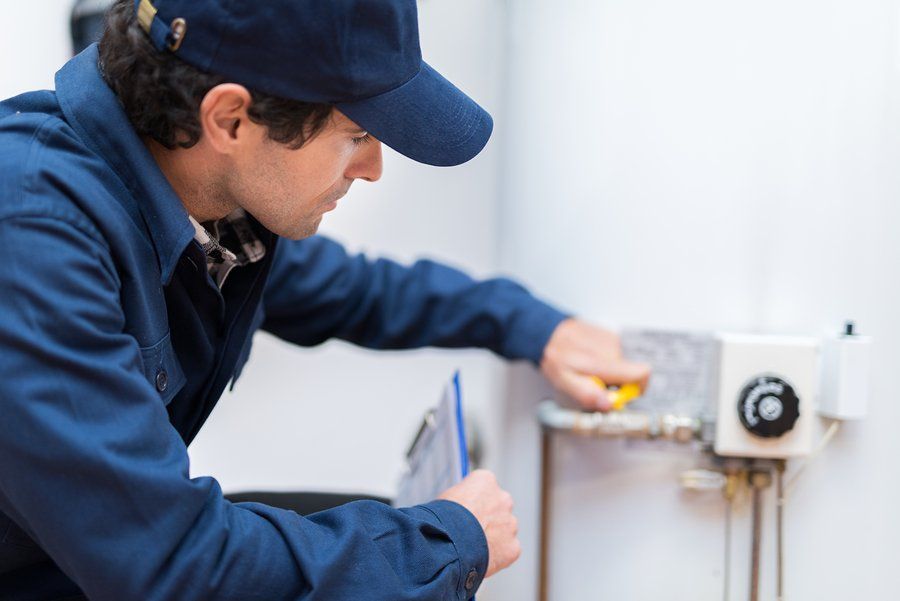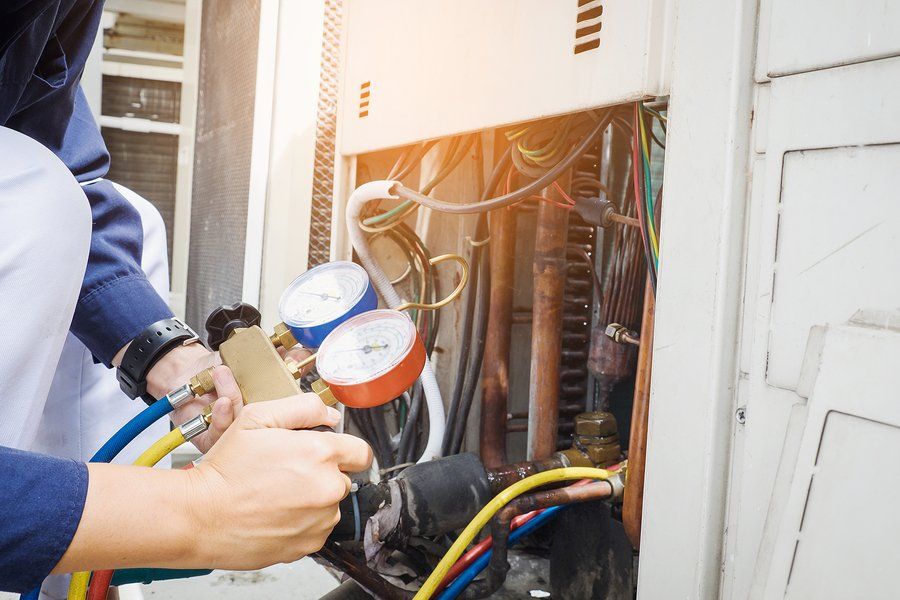
What Everyone Is Saying About Furnace Replacement Lowell
What Everyone Is Saying About Furnace Replacement Lowell is creating quite the buzz among homeowners in the area. With winter approaching, the decision to replace your furnace is a crucial one, and our services in Lowell are garnering attention for their efficiency and reliability. From improved energy efficiency to enhanced heating performance, hear what everyone is saying about our top-notch furnace replacement solutions tailored to meet your needs and exceed your expectations.
Furnace replacement is a huge task that comes with a high cost. If you live in a cold climate, your furnace might be your most important appliance. A home warranty, however, helps minimize furnace replacement Lowell costs.
You and your family will have the warmth you need throughout the winter to be comfortable and even safe. Despite this, it's typically a complex and large piece of machinery, so its cost to fix it is high, and it's even more costly to replace it entirely.
Furnace Replacement Lowell Massachusetts
You can begin your research now so that your new furnace is installed in time for winter if you decide this is the year to replace your home furnace. A variety of brands are available, with many features and energy-efficient options that should be considered when making a purchase decision.
This guide explains the most important factors concerning residential gas furnaces (and whether you should consider converting to one), furnace replacement in Lowell Massachusetts, and current home heating enhancements that might be compatible with your system.
Types of Furnaces
Qualityfurnacerepair.com explains the differences between furnaces. The kind of fuel they burn determines how much heat they produce, and some are better suited for use in colder areas than others.
Natural Gas
Today, natural gas furnaces are the most popular, and they are capable of heating a house well even during the harshest winters. In addition, they are fast, efficient, and inexpensive to run. Additionally, they require ductwork throughout the house and have a high environmental impact.
Oil Furnace
These furnaces are becoming obsolete as the price of oil rises. Some homes in the Northeast of the United States still use them. The carbon monoxide they release into the atmosphere isn't as harmful as that released by natural gas furnaces.
Get a free quote
Contact Us


Electric Furnace
The least expensive heating system is an electric furnace. On the other hand, the most expensive heating system is an electric furnace. Additionally, they require a long time to heat a room, even though they are easier to maintain. In warmer climates, where heating is not as intensive, you'll typically find these types of furnaces.
Coal Furnace
In most cities and suburbs, wood and coal-burning furnaces aren't common, but in rural areas, they are still found. Installation costs are high, however, they are low-cost to run, and they can be completely disconnected from the grid. In addition to regular ash cleaning, they need regular boiler feedings.
Propane Furnace
In areas where other fuels are scarce or too expensive, propane can be used to power furnaces as a by-product of oil production. Small propane furnaces can also be found in rural and compact homes, making them very suitable to heat these types of homes. The conversion of natural gas furnaces to propane is possible through a low-cost kit.
Mini-Split System
Heat and cool can be achieved with the help of a mini-split. Since they don't require ductwork and can be bolted directly to walls, they work well for smaller homes and additions. Prices can vary greatly depending on the size and power of the unit.
Geothermal and Solar Furnaces
The most environmentally friendly options are the most expensive initially. In addition, even though these systems are affordable to run, you may not recoup your costs through their lifetime. The best choice is, however, renewable energy if you want to make your home comfortable without harming the environment.
How Long Does a Furnace Last?
The average lifespan of a furnace is 20 to 30 years. Nevertheless, waiting so long to replace yours shouldn't be a problem. When your furnace is experiencing frequent problems and requiring frequent repairs, you may need to consider a replacement after about 15 years.
Regular maintenance, including cleaning the burners and changing the filters, can extend the life of your furnace. If you'd like your furnace inspected and tuned up before the winter months, you can hire a contractor for quality furnace repair.
